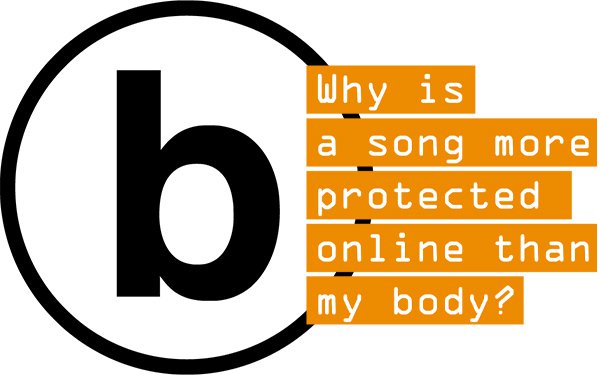
No one owns their bodies online.
This disturbing fact was made apparent today when the United Nations sexual and reproductive health and rights agency
(UNFPA) launched its new campaign, “bodyright,” with a copyright symbol for human bodies.
With little regulation, it’s not surprising that
reports of violence are widespread across the internet and social media platforms.
Cyberstalking, hate speech, doxxing, and the non-consensual use of images and video specifically
plague women, girls, racial and ethnic minorities, the LGBTQ+ community, and other marginalized groups.
A report issued by The Economist Intelligence Unit makes it clear how prevalent and unenforced
online violence currently is.
advertisement
advertisement
Ninety-two percent of women surveyed said online violence harms their well being, while 35% have experienced mental health issues. Eighty-five percent of
women with access to the internet reported seeing online violence against other women, and 38% experienced it personally.
Well over half (65%) of women surveyed reported experiencing
cyber-harassment, hate speech and defamation, while 57% reported experiencing video and image-based abuse like “astroturfing,” where harmful content is shared across online platforms.
In 64 of the 86 countries studied in the Web Index, law enforcement agencies and courts are failing to take corrective
actions to address online violence against women. Many countries simply do not have laws in place that deem online violence illegal.
With few legal rights to remove exploitative images of themselves, victims are prone to experience trauma that has a harmful impact on their personal, professional and
economic livelihood.
Compared to the immediate removal of content when music and film copyright is infringed upon, it becomes clear that certain protections must extend to individuals
and their online photos.
Enter “bodyright,” a campaign that zooms in on this continuing injustice, with
the goal of creating a movement of people who hold policymakers, companies, and individuals to account.
“Relentless, borderless, and often anonymous – the online world is the new frontier for gender-based violence,” said UNFPA Executive Director Natalia Kanem in a recent
statement. “It’s time for technology companies and policymakers to take digital violence seriously. Right now, corporate logos and copyrighted IP receive greater protection online than we
do as human beings.”
In order to make perpetrators aware of the violence they are enacting against someone online, UNFPA created a specific symbol that
lies at the heart of “bodyright”; can be added to any image directly by downloading the symbol on the bodyright
webpage, or via stickers on Instagram stories.
In addition to the
copyright symbol, UNFPA has also unveiled “The Virtual Is Real” a website featuring stories of victims and
survivors of digital violence from across the globe. Highlighted are 11 women from 11 different countries, including the US.
UNFPA also partnered with Rakaya Fetuga, an award winning poet and spoken-word artist, to launch their campaign via video. A petition
hosted by Global Citizen has also been made public to push actions to end digital violence and abuse.
In
line with the recent proposed reform hearings of Section
230, UNFPA are calling out social media giants for their lack of responsibility for online violence. They joined the World Wide Web Foundation in its call to hold Facebook, Google, TikTok,
and Twitter to the pledges they made
at the 2021 Generation Equality Forum in Paris. Although, on their website, UNFPA state that to accomplish their goal of building a safe internet, they will need all platforms to adopt proactive
detection measures of online violence.
With NFTs and the looming metaverse, society is likely entering a new
era of copyrights and “ownership” of people’s images. For an equitable online experience, laws will need to be in place to protect online users from the violence UNFPA has made so
clear.